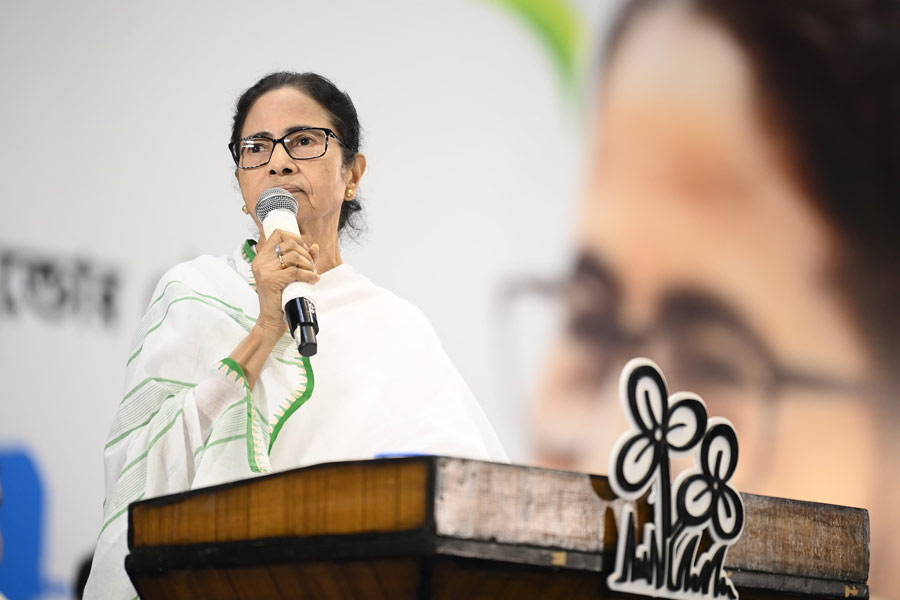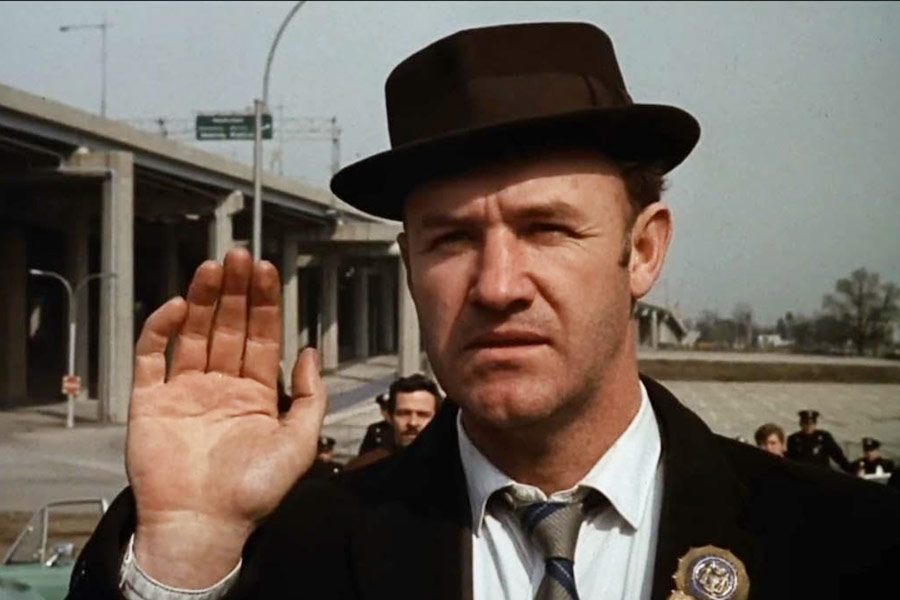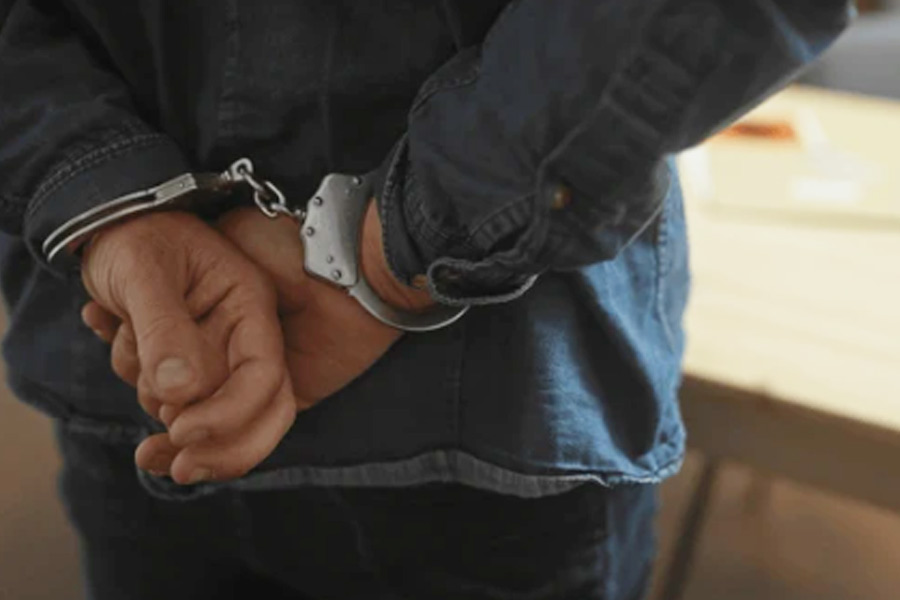I have a Lenovo S660 smartphone with Android version 4.4.2. I am unable to use the 3G connection on the phone for any Google app. How can this problem be solved?
Rumit Das
Yours is a pretty old phone, which has since been discontinued. First, check if your 3G connection is working. Try putting the SIM card in another phone and see if you get Internet connectivity.
If the SIM card is fine and you can access the Internet, put the SIM back in the Lenovo phone. Connect the phone to a WiFi network. Open Google Play and go to “My apps & games” and update all the apps.
If the apps are still not working, you need to back up all your data. Remain connected to a WiFi network for this. Open Settings on the phone and sync the data with Google. You could even connect the phone to a computer and back up whatever you need.
You now have to hard reset the phone. You will lose all your data and so you must back up the phone first. To reset the phone, switch it off by pressing the Power button. Press the Volume Up, Volume Down and Power buttons together for a few seconds till you see the Lenovo logo. The Recovery Mode menu will then appear.
By pressing the Volume Down button go to “wipe data/factory reset”, and confirm by pushing the Power button. Once again use the Volume Down button and choose “Yes, delete all user data”. Confirm this by pressing the Power button.
Restart the phone by selecting “reboot system now”. Your phone should work fine now unless there is a serious hardware problem.
Bhim fail
I have two accounts registered with the Bhim app. Recently, I tried to register another account after porting my Vodafone number to Airtel. Each time the verification failed. What should I do?
S.P. Jaggi
The Bhim app often fails to recognise the correct SIM in phones with dual SIM card slots. You must put the bank-registered phone number in the slot for SIM 1. You could also temporarily remove the second SIM card from the phone while the verification is being done.
USB issue
I am unable to use any of the three USB ports in Lenovo G series laptop running Windows 10. Device Manager shows “unknown USB device (device descriptor failed)”.
Manjit Sharma
This often happens when Windows loads the wrong drivers during
an update. There are several ways of fixing this. Here, I am listing three solutions that have worked for most people.
Open Device Manager by right-clicking on the Start button. Navigate to the unknown USB device and right-click on it and choose to uninstal the device. If your USB device was attached to the computer, unplug it and plug it back in.
On the Device Manager window, click on “Scan for hardware changes”. Windows will reinstal the drivers and fix the problem.
If that did not work, right-click on the Start button once more and select Power Options. Click on “Additional power settings” and then on “Change plan settings”. In the next window, select “Change advanced power settings”. This will open a small Power Options window.
Expand USB Settings here and then also expand “USB selective suspend setting”. Change the status of each to Disabled. Click on Apply and then on OK.
In the third solution, you have to turn off fast start-up on Windows 10. Open Control Panel and click on “Choose what the power button does” on the left. Click “Change settings that are currently unavailable”. Remove the tick mark next to “Turn off fast start-up (recommended)”. Save your changes and restart the computer.











